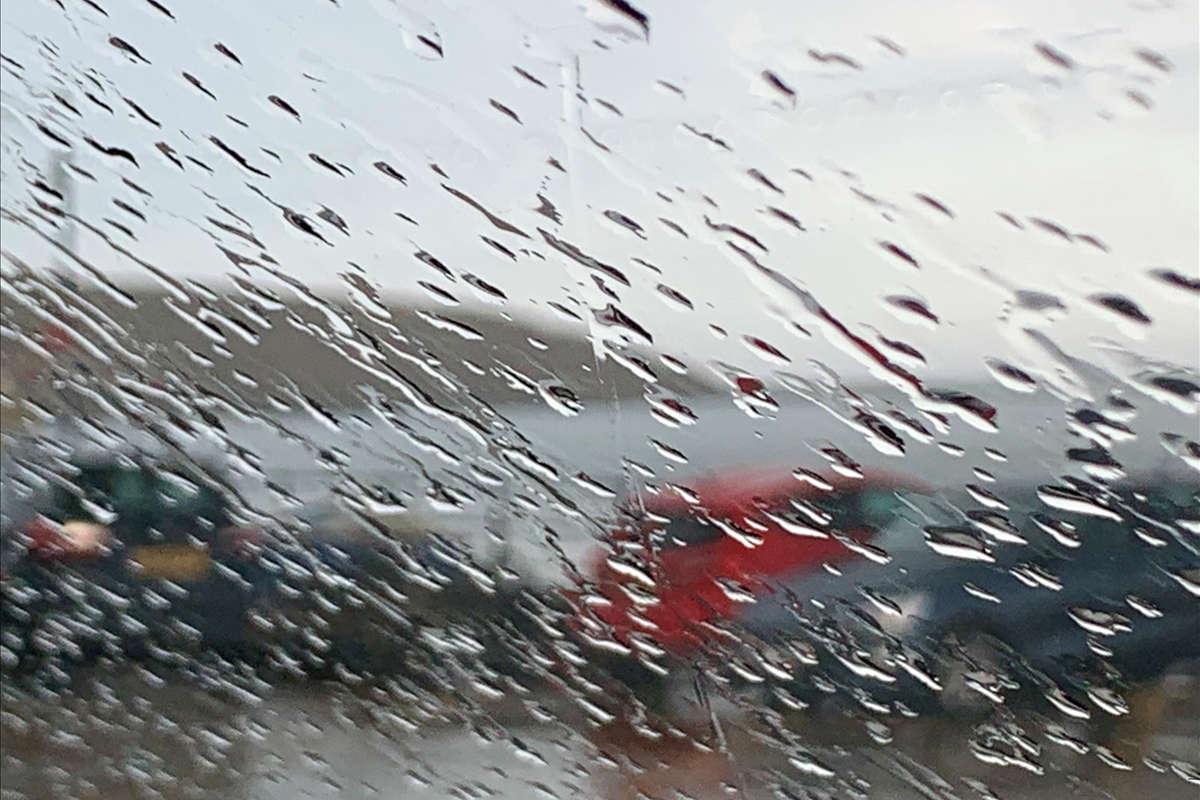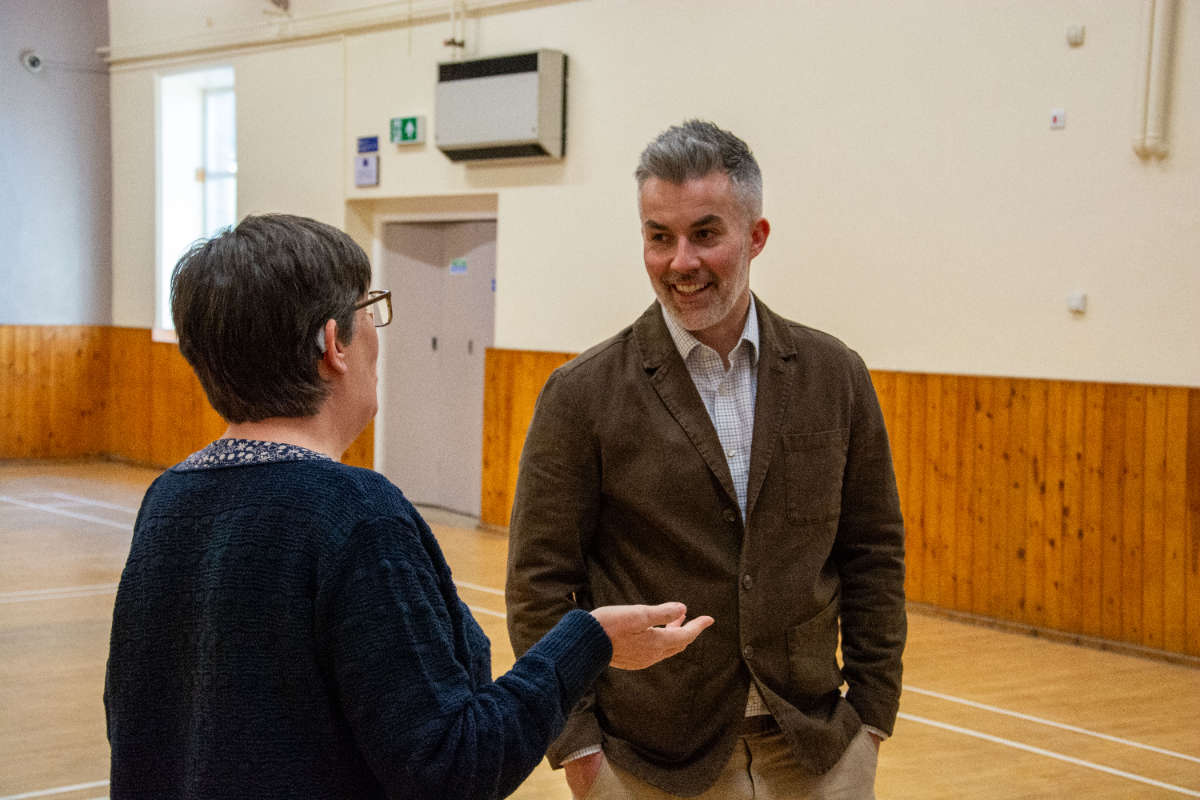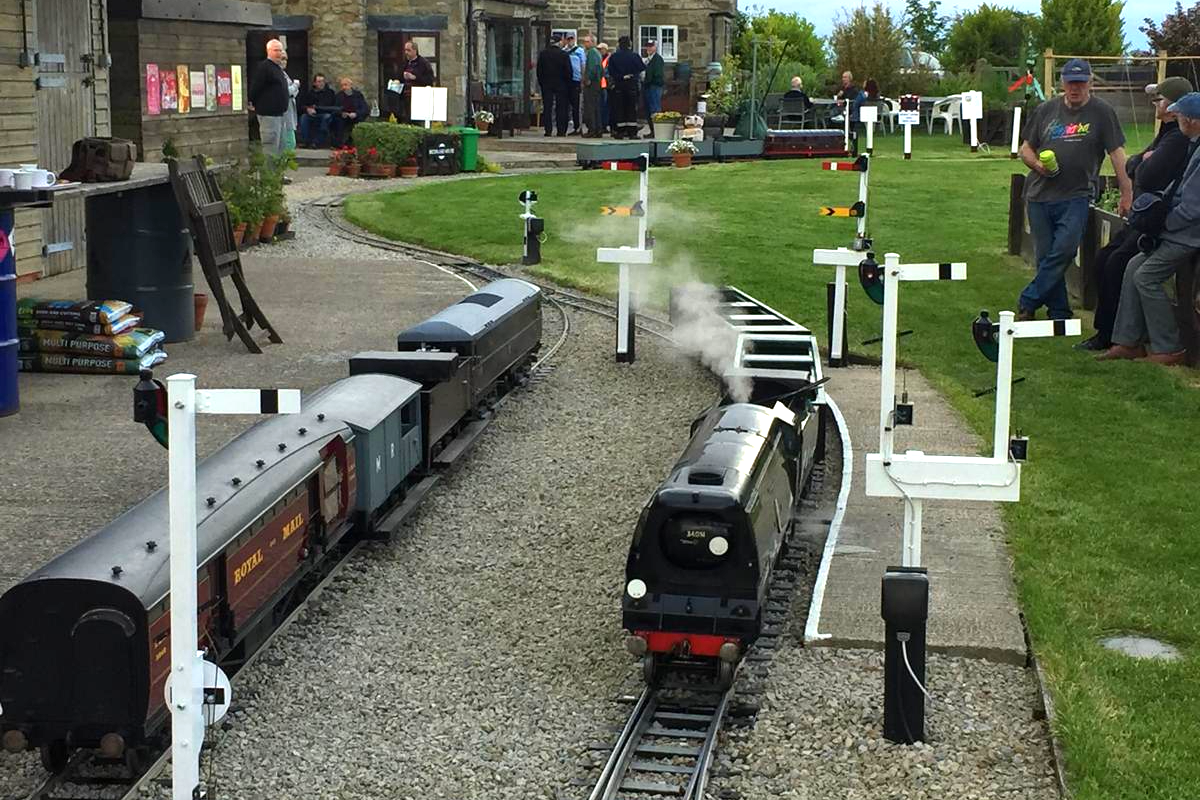Radicalised nine-year-olds, teenagers mixing incel culture with extreme right ideologies and a Muslim who idolises Hitler - this is just some of the casework of those tasked with deradicalising young extremists in the UK.
Monday will mark 20 years since the 7/7 attacks on the London transport network when four suicide bombers killed 52 people and injured 770 others.
A year later the government set up its deradicalisation programme Prevent as part of its counter-terrorism strategy.
Sky News has spoken to two leading intervention providers (IPs) at Prevent who both say their work is getting ever more complex and the referrals younger.
The Metropolitan Police's Prevent co-ordinator, Detective Superintendent Jane Corrigan, has also told Sky News it is "tragic" that when it comes to terrorism, "one in five of all our arrests is a child under 17".
She believes parents should talk to their children about what they are reading and seeing online.
"Parents instinctively know when something doesn't feel right when their child is becoming withdrawn or isolated - not wanting to engage," she says.
People worried that someone they know has thoughts that could lead to terrorism can refer them to Prevent.
'A pic-n-mix of ideologies'
Home Office figures show 11 to 15-year-olds are the largest age group to get referred.
Concerning cases are passed on to IPs such as Nigel Bromage who told Sky News: "Often there will be a pic-n-mix of ideologies.
"From my own examples and experience, we are aware of people looking at the incel culture and mixing that with some far-right elements."
Incels, meaning "involuntary celibates" are men who have been unable to have a relationship with women despite wanting one and become misogynistic and hateful as a result.
Like many IPs, Mr Bromage from Birmingham comes from an extremist background himself, having once been a regional organiser for the proscribed Neo-Nazi group Combat 18.
For him too, it began as a child.
"It all started with someone giving me a leaflet outside my school gates," Mr Bromage says.
"It told me a horrific story about a mum getting killed by an IRA bomb explosion - and at the end of the leaflet there was a call to action which said: 'If you think it's wrong then do something about it'."
He developed a hatred for Irish republican terrorism which morphed into general racism and national socialism.
"At the very end I thought I was going to go to prison, or I would end up being hurt or even killed because of my political beliefs," he says.
Boy, 9, groomed by his brother
Mr Bromage reveals his youngest case was a nine-year-old who had been groomed by his brother.
"He was being shown pro-Nazi video games, and his older brother was saying 'when I go to prison or I get in trouble - they you're the next generation - you're the one who needs to continue the fight'," he says.
"Really, he had no interest in the racist games - he just wanted to impress his brother and be loved by his brother."
Every year, nearly 300 children who are 10 or younger are referred to Prevent.
Home Office figures show that over the last six years 50% of referrals were children under the age of 18.
11 to 15-year-olds make up a third of total referrals, averaging just over 2,000 a year, with the figure rising even higher in the most recent stats.
Another IP, Abdul Ahad, specialises in Islamic extremism.
He says the catalyst for radicalisation often comes from events aboard.
Ten years ago, it was Syria, more recently Gaza.
"It is often a misplaced desire to do something effective - to matter, to make a difference. It gives them purpose, camaraderie and belonging as well - you feel part of something bigger than you," he says.
Clients want someone to 'hear them'
Some of his clients "don't fit into any particular box".
"I'm working with a guy at the minute, he's a young Muslim but he idolises Hitler and he's written a manifesto," he says.
"When you break it down, some people don't know where they fit in, but they want to fit in somewhere."
Mr Ahad says the young individual mostly admires Hitler's "strength" rather than his ideologies and that he was drawn to darker characters in history.
Often his clients are very isolated and just want someone to "hear them", he adds.
Read more:
What is Prevent - and why is it controversial?
PM warns of new kind of terror threat
Mr Ahad is also an imam who preaches at the Al-Azar Mosque in South Shields, a well-regarded centre for community cohesion and outreach.
He uses his understanding of the Islamic faith in his Prevent sessions to help guide his referrals away from extreme interpretations of the Koran by offering "understanding and context".
He says: "We quote the correct religious texts - we explain their responsibility as a Muslim living in the UK and we re-direct their energies into something more constructive."
Common theme of mental health issues
Mental health problems and other vulnerabilities such as Autism are a common theme among those referred to Prevent.
A recent inquest into the death of autistic teenager Rhianan Rudd found she took her own life after being radicalised by two white supremacists.
Her mother was critical of Prevent, as well as the police and MI5 after she had referred her daughter to the deradicalisation programme and Rhianan was subsequently charged with terrorism offences.
Last month a coroner found some failings in the processes around protecting Rhianan, but none of them attributable to Rhianan taking her own life.
Det Supt Corrigan says a referral doesn't mean individuals end up being arrested or on an MI5 watchlist.
She says: "You're not reporting a crime, but you are seeking support. I would say the earlier you can come in and talk to us about the concerns you have the better. Prevent is just that - it is a pre-criminal space.
"It's tragic when you see the number of young people being arrested for very serious charges. Just look at terrorism - one in five of all our arrests is a child under the age of 17. We need to think about how we respond to that."
Prevent has been criticised for failures such as when Southport killer Axel Rudakabana failed to be recognised as needing intervention despite three referrals, or when MP David Amess' killer Ali Harbi Ali went through the programme and killed anyway.
It's harder to quantify its successes.
Mr Ahad says he understands why the failures hit the headlines, but he believes the programme is saving lives.
He says: "I think the vast majority of people get radicalised online because they are sitting in their room reading all this content without any context or scholarly input. They see one version of events and they get so far down the rabbit hole they can't pull themselves out.
"I really wish Prevent was around when I was a young, lost 15-year-old because there was nothing around then. It's about listening to people engaging with them and offering them a way of getting out of that extremism."
'Radicalisation can happen in days to weeks'
Det Supt Corrigan says: "I've sat with parents whose children have gone on to commit the most horrendous crimes and they all spotted something.
"Now, with hindsight, they wished they had done something or acted early. That's why we created this programme, because radicalisation can happen in days to weeks."
Twenty years on from 7/7 the shape of the terrorist threat has shifted, the thoughts behind it harder to categorise, but it is no less dangerous.

(c) Sky News 2025: How Prevent is tackling young extremism 20 years after the 7/7 bombings




 Police called as two young bears escape from wildlife enclosure in Devon - and devour honey
Police called as two young bears escape from wildlife enclosure in Devon - and devour honey
 UK content creators demand formal recognition from the government
UK content creators demand formal recognition from the government
 Fiscal rules are silly but important as Reeves has banged on about them and markets care
Fiscal rules are silly but important as Reeves has banged on about them and markets care
 Ryanair urges EU chief to 'quit' over air traffic strike disruption
Ryanair urges EU chief to 'quit' over air traffic strike disruption
 Deadly Texas floods: What were the warnings?
Deadly Texas floods: What were the warnings?











